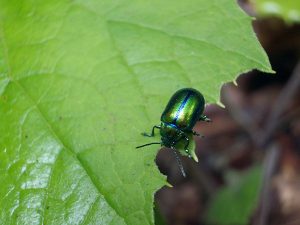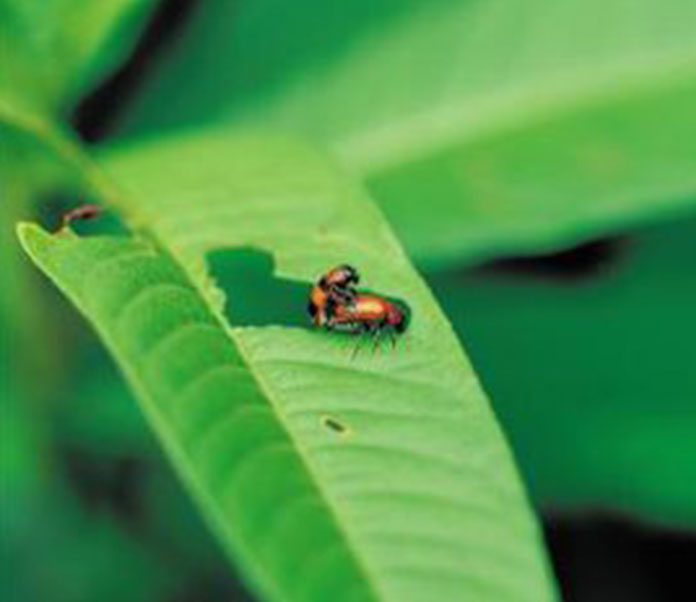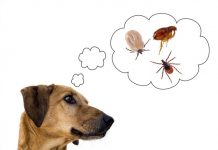Some people have the mistaken idea that all insects are bad. An abnormal paranoia of anything that creeps and crawls or slithers can sell a lot of chemicals and natural insecticides.
The market feeds off people’s fear of insects. Parents teach their children to be leery of insects. While it’s true that there are many insects that can cause harm, they usually do so as a way to protect themselves and preserve their species.
Attacking all insects is irrational. It would cause a huge imbalance in nature if we didn’t have insects. It’s even necessary to feed off the predatory insects to keep the insect population under control.
 If you need to attack insects, at least do nature the justice of attacking the ones that are only a threat to you or your plants’ survival or health. People who are allergic to certain insects have little choice but to rid their homes and property of them. A wasp or bee sting could put some people in the hospital.
If you need to attack insects, at least do nature the justice of attacking the ones that are only a threat to you or your plants’ survival or health. People who are allergic to certain insects have little choice but to rid their homes and property of them. A wasp or bee sting could put some people in the hospital.
Some insects that are beneficial and do not cause harm to us will cause harm in some form to our plants. Butterflies are beautiful creatures, but gardeners and fruit crop growers may not appreciate their caterpillars! Beneficial insects that don’t hurt us or our crops are ladybugs and some species of wasps. Honeybees can sting when threatened, but without honeybees, our honey supply would suffer. People aren’t the only ones who benefit from honey. Insects and other animals benefit as well.
If you must attack insects, natural insecticides can be safer for our environment than the chemical poisons that line the shelves of our stores. Natural insecticides are made from oils, flowers, seeds, and sometimes even bacteria.
Neem comes from the Indian lilac tree. It prevents feeding and is a growth regulator. Pyrethrum is one of the most popular natural insecticides for attacking insects. It is used to paralyze and must be applied directly. It’s contained in many pet shampoos for flea and tick control. Nicotine is well known as a tobacco product, seen mostly in a negative light because of the harm it causes lungs when smoked. It can also help control some insects. Rotenone and sabadilla dust can be considered exotic natural insecticides because they are made from plants that exist in other countries. Sabadilla can wreak havoc on a honeybee population, though, and is a short-term insecticide.
Boric acid has been used for many years to help control nasty little roaches. Ants have been an age-old problem because of their ability to bite and take over our kitchens. Wasps that do sting cause allergic reactions, fear in small children and many adults because of their aggressive nature. People usually use some form of spray to attack them so they don’t have to get too close and risk their painful stings. They’ve been attacked by hairsprays and soap solutions.
People who live in rural areas can be quite creative in their attempts to attack insects with homemade insecticides. Some say cinnamon placed around a central air unit can keep the ants from entering and invading the points used to help run the units. Whatever your preferred method of attack, please be sure to use caution and consideration.


































